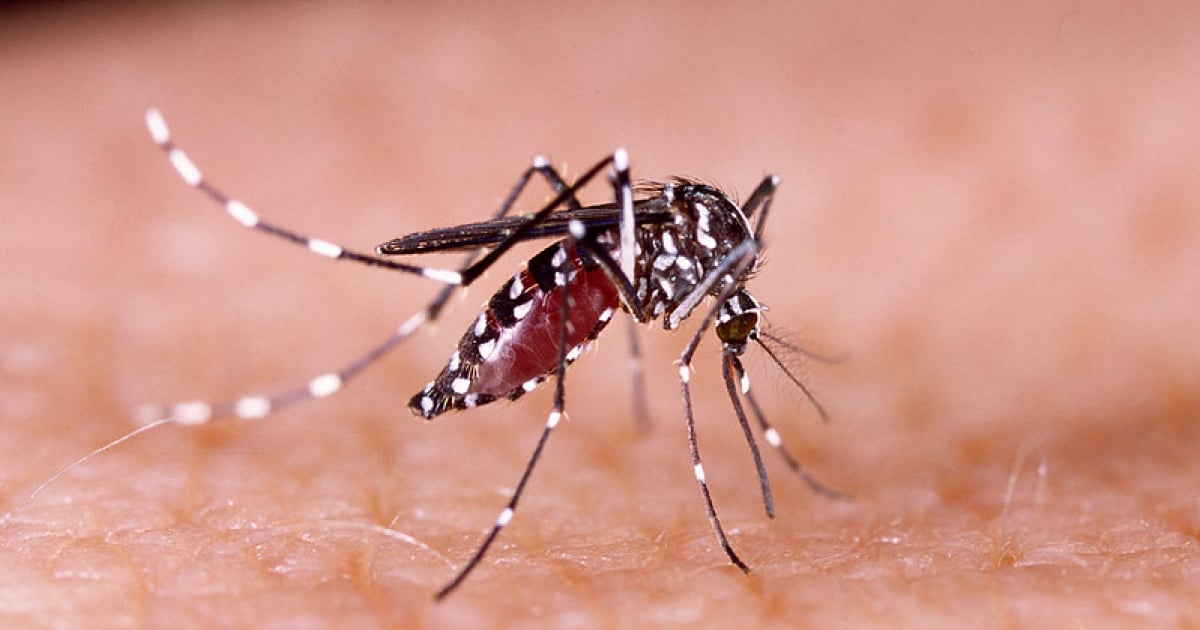
Weeks after Hurricane Milton passed through Florida, there has been an increase in the spread of dengue in the state, with health authorities confirming over 50 cases.
The stagnant waters left by Hurricane Milton and its predecessor Helene are a breeding ground for the mosquitoes that transmit the disease in the southern state, highlighted a report on the Fox Weather news site.
In the central-western part of Florida, consecutive hurricanes left overflowing rivers and standing water following severe flooding. The Hillsborough County Health Department confirmed four cases of locally transmitted dengue in the Tampa Bay area since October 10, when Milton made landfall.
To curb the spread of the disease, the Hillsborough County Public Works Department continues to pump out floodwater to remove it from the communities, while the Mosquito Control team conducts aerial spraying.
In Polk County, authorities have issued a health advisory regarding an increase in mosquito-borne illnesses, following positive cases of the West Nile virus found among poultry. The county's Mosquito Control Unit is also conducting aerial spraying.
State health officials in Florida have urged residents to drain or cover any standing water. The Department of Health has warned that "just leaving a tablespoon of standing water for a week is enough for mosquitoes to breed."
Dr. John Sinnott, a professor of infectious diseases at the University of South Florida, explained to FOX 13 Tampa Bay that the mosquitoes that transmit dengue typically remain near their breeding areas.
"These mosquitoes have a range of only about 200 meters, so they stay close to the sick person. They do not fly two or three miles away, nor can they be found a couple of football fields away. Generally, they remain in one place," Sinnott stated.
The specialist warned about the symptoms of dengue, which generally start with a headache and then progress to joint pain, beginning with the weight-bearing joints, such as the knees.
Last May, Miami-Dade County reported the highest number of dengue cases in the United States, mostly due to travel to Cuba, according to the Centers for Disease Control and Prevention (CDC).
In addition to the alert regarding the rising number of dengue cases, the Florida Department of Health recently warned of an alarming increase in infections from flesh-eating bacteria that can be fatal to humans, following the devastation caused by hurricanes Helene and Milton.
Health authorities had issued an urgent warning earlier this month about the danger of exposure to the flesh-eating bacteria Vibrio in floodwaters caused by tropical cyclones.
What do you think?
COMMENTFiled under: